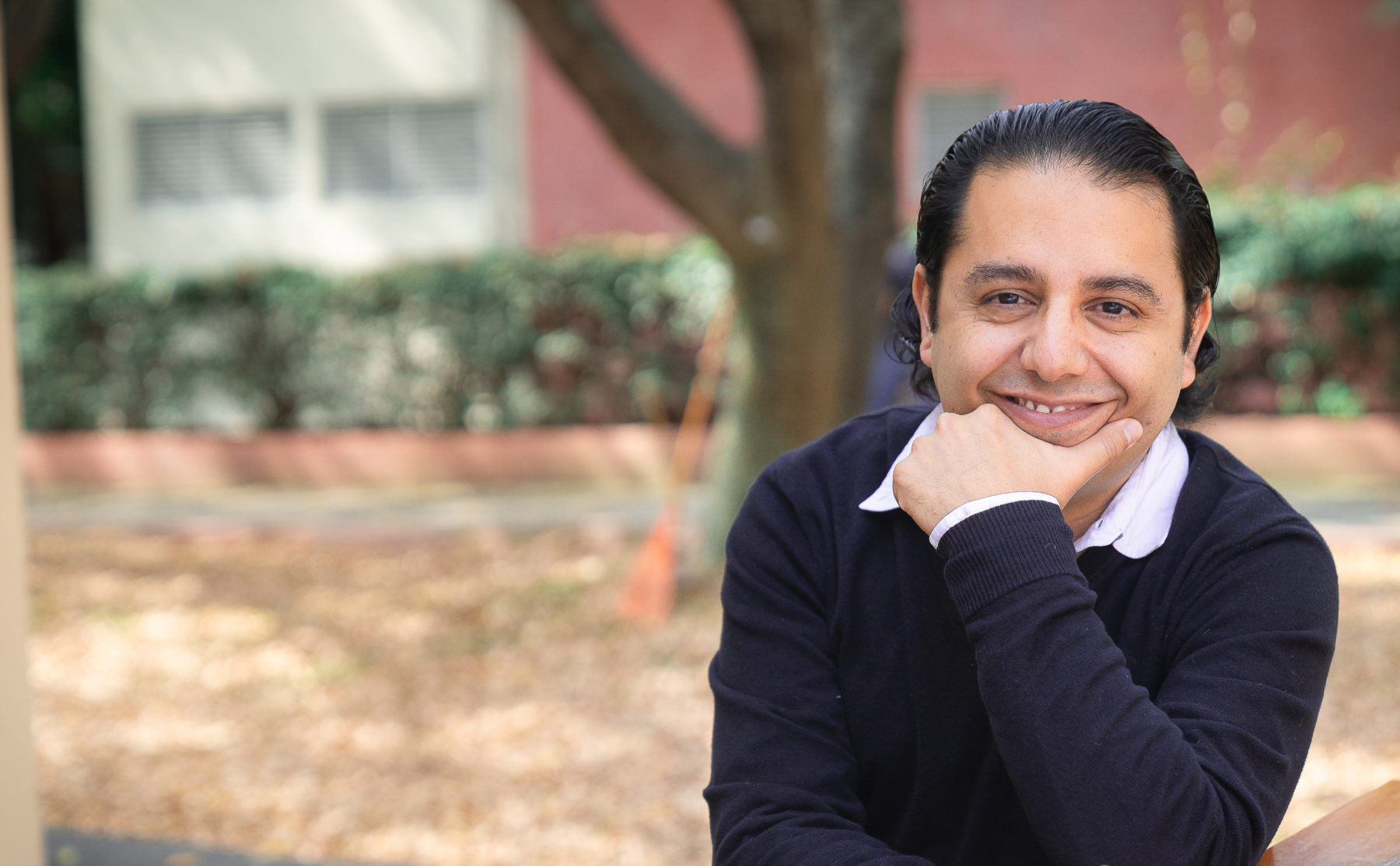
Revista Trípodos
In recent weeks the Catalonian journal Tripods published the monograph “Social Networks, Politics and Democracy. Towards Hybrid Political Communication,” where was released my article “Deliberation and Conversation between Political Elites and Social Media Users during Guadalajara’s Election: a Political Communication Systems’ Approach.” The abstract of the article is the following: ”
Social media has been considered as a set of technologies that have the potential for transforming politics. In particular, these communication technologies could be a powerful civic tool to build bridges between political elites and citizens in contemporary democracies. However, to date, there has been no clear evidence that the use of social media have helped in creating these bridges. Thus, this paper concentrates on studying political communication between political elites and Internet users through Facebook and Twitter, in the context of a Mexican electoral campaign in Guadalajara City. This investigation proposes a political communication systems model as a theoretical framework for studying political communication and social media. This model suggests definitions for the concepts of political communication, political deliberation, and political conversation. Throughout three months of political campaigns, online observation and textual analysis were employed for studying political communication between political elites and Internet users within the framework of a local midterm electoral campaign. The results show three essential elements: (1) political deliberations and conversations were not general practices, (2) the power of controlling political communication was concentrated on the candidates’ political campaigns, (3) nevertheless, there were several examples of political interactions between political elites and social media users during the political campaigns.
The following is the table of contents of this monograph:
Xarxes socials, política i democràcia. Cap a una comunicació política híbrida
Andreu Casero-Ripollés, Albert Sáez Casas, Elena Yeste Piquer 9-12
‘To Be or Not To Be a Cyberterrorist’, That Is the Question! The Political Communication of al-Qaeda and Islamic State on Social Networks
Célia Belim, Helena Garcia 13-34
Distorsiones tecnopolíticas: represión y resistencia algorítmica del activismo ciudadano en la era del big data
Emiliano Treré 35-51
Unmasking Trolls: Political Discussion on Twitter During the Parliamentary Election in Catalonia
Eulàlia Puig Abril 53-69
Political leaders in (inter)action. Twitter as a strategic communication tool in electoral campaigns
Laura Alonso-Muñoz, Silvia Marcos-García, Andreu Casero-Ripollés 71-90
Twitter as a New Engagement Opportunity. Analysis of the Questions and Answers between the Italian Prime Minister and Citizens
Rossella Rega 91-107
Deliberation and Conversation between Political Elites and Social Media Users during Guadalajara’s Election: a Political Communication Systems Approach
Juan S. Larrosa-Fuentes 109-125
Social Media Use, Social Capital, and Political Participation among Nigerian University Students
Lambe Kayode Mustapha, Victor Olanrewaju Gbonegun, Maryam Lasisi Mustapha 127-143
Audience Participation and Political Engagement in Europe: EU Elections and the Cases of Scotland and Catalonia in the Catalan Media (2014)
Anna Tous-Rovirosa, Javier Díaz-Noci 145-161
Circulación de los mensajes y establecimiento de la agenda en Twitter: el caso de las elecciones autonómicas de 2015 en la Comunidad Valenciana
Guillermo López García, Lorena Cano Orón, Laura Argilés Martínez
